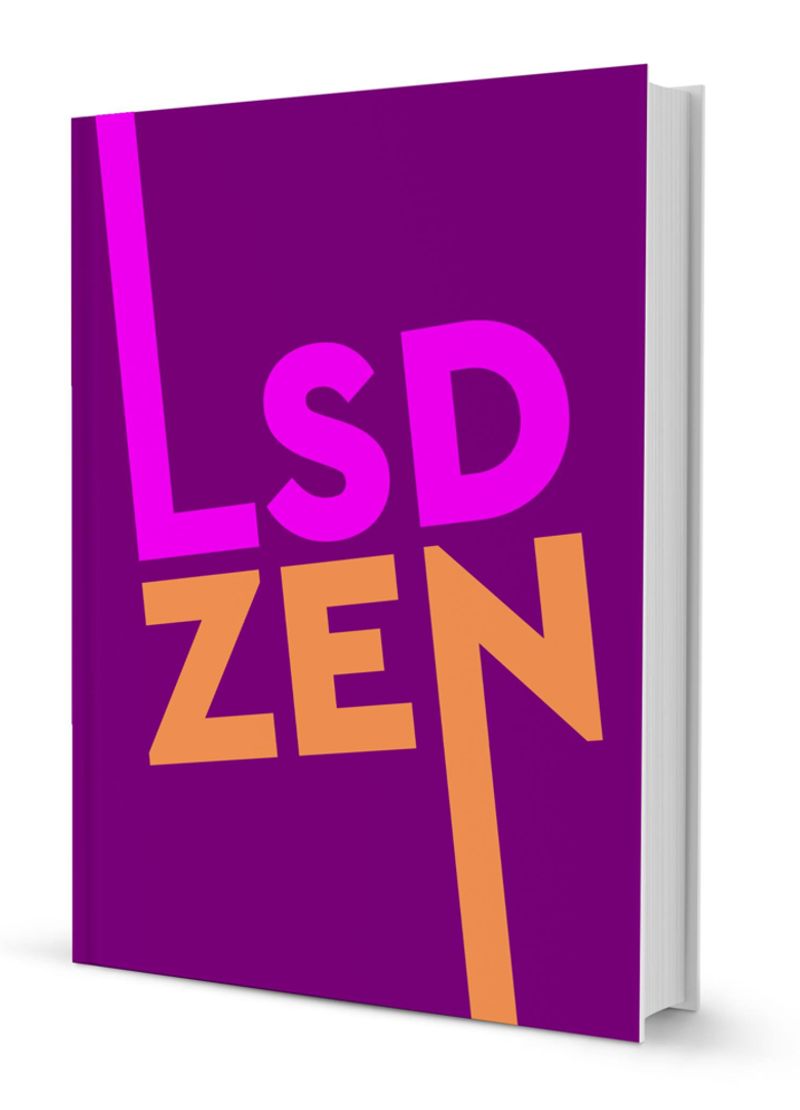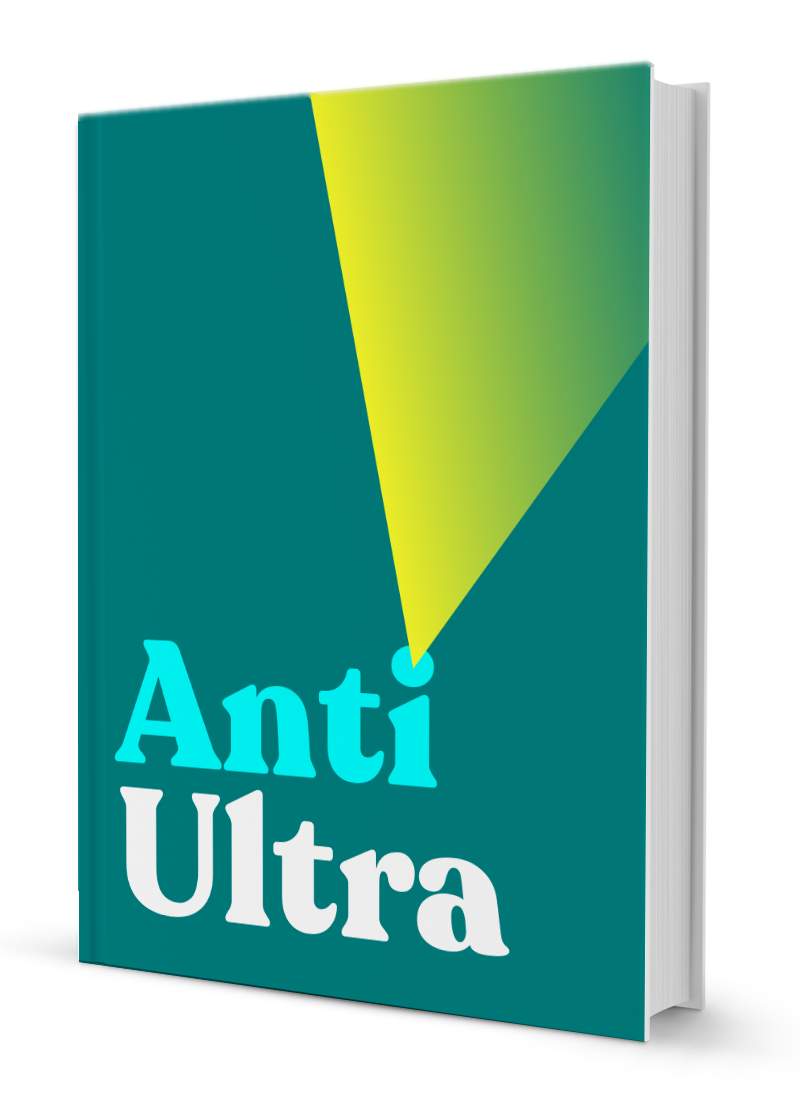Editorials
By Metzner, Pearlman, and Dass, 1971
 The Psychedelic Review
The Psychedelic Review begins its seventh year with this eleventh issue. After issue number ten there was some talk of letting
The Review die a natural death. We do not believe that the time has yet come for the Review to cease publication. As long as misunderstanding about the nature of drugs is the norm and all forms of consciousness expanding activity are sensationalized in the daily press, we feel the
The Psychedelic Review still serves an important function in communicating the most authentic information and research in these fields.
The superb editorship of Ralph Metzner will a certainly be missed although he — along with Timothy Leary and Richard Alpert — will continue to exert a major influence on
The Review. Most of the present staff is entirely new to the journal. In getting this issue out, we have concentrated much of our energies on 'getting it together.'
Writing, editing, art work, production and distribution flow into one another and overlap. By working closely together and integrating our efforts, the core staff has sought to eliminate the delays and unpredictable elements that have plagued
The Review in the past.
Although the journal will continue to evolve with each issue, initial changes have been modest. We hope to retain the vitality, accuracy and quality of content that has marked
The Review since its inception (see page 91 for representative articles from back issues). To these standards we want to add promptness and reliability in our dealings with contributors, subscribers and distributors. Readers of
The Psychedelic Review have always been an unusually patient, tolerant group of people. Issues have been late, inquiries have gone unanswered. Yet few complaints have been made.
Needless to say, we appreciate the extraordinary loyalty of our readers and have no in- tention of testing it further. The Review is a quarterly and will appear four times a year. Inquiries from subscribers, old and new, will be answered promptly. Comments and suggestions from readers concerning any aspect of the journal are welcomed. New material relevant to psychedelic phenomena is continually being sought.
Submitted manuscripts will receive careful attention from our core staff and consulting editors. We will consider the Review a worthwhile undertaking if it continues to meet the standards of excellence and readability established by our predecessors.
— R.M. & G.P.
From Ralph Metzner
I was delighted to hear
The Psychedelic Review is going to continue after all. Despite the grotesque distortions of the media and the continuing condemnation of powerful special interest groups, there are thousands of intelligent and responsible persons who are keenly interested in consciousness-changing substances and plants.
These persons are aware of the possibilities of psychedelics and of the limitations placed on their use by current legal and social patterns of reality definition. They also know that these drugs have always been used in the past in schools of psychological transformation. And they know that it is essential that one be discriminating about what one ingests. This discrimination has still to be learned by far too many youthful drug users.
Psychedelic Review has been and, thanks to you and your associates, will now continue to be a medium of communication for these persons. Communication counteracts fear, develops acceptance. The medium is much more than the message. To me, the principal challenge posed by psychedelics is how to bring the enlightening experience of unity into the nitty-gritty here-and-now of day and night and men and women. For that we need a great deal more than psychedelics. Godspeed on your venture.
From Baba Ram Dass
Historically
The Review has played a key role in defining the leading edge of research on mind . expansion and mind alteration. In the early days of
The Review each issue was as far out as we were at that moment. And as psychology moves a little closer to the leading edge, although still with some distance to go, like the
Journal of Transpersonal Psychology and
Psychology Today,
The Review still has a standard-bearing role to set in defining the furthest out corner that the research mind can approach in bringing the rational mind to that which is beyond the rational; doing it from a Western point of view, and providing new models. Our problem at the moment is that we are all more conscious than we have models 1 to work with and we have to define who we are in this new consciousness.
If
The Review is made by editors and writers who are working on themselves, who are active seekers of consciousness, it will succeed in being an instrument to help one’s
sadhana or one’s spiritual path. And so I encourage it and support it and identify with it and feel that it still has a very definite function.
The role of LSD and the psychedelic chemicals has changed in the past ten years. My teacher in India — Hari Dass Baba, a pure Brahmin who uses no chemicals — said a very interesting thing when I asked him what LSD was. He said, “LSD is like a Christ in America, America is a most materialistic country and the young people wanted their avatar in the form of a material, and thus LSD. If they have not tasted, how will they know?”
It seems to me that this statement js a very powerful formal statement for
The Review which brings together science and religion, technology and religion, and shows the role played by psychedelic substances. The work that is now being done by Gordon Wasson, for example, in his new book
Soma, is an extraordinary testament to the Aryan mushroom users in the Russian mountains who came down to the Indus valley, anteceding the Vedas.
These mushroom-users influenced the Vedas so pervasively that these ancient hymns can almost be interpreted as a set of spiritual techniques for the plains people in order to recreate the experience gained from the psychedelic mushroom — the identical mushroom still used today for religious purposes and similar to the synthetic drugs employed in our culture.
It’s just at the point where we’re beginning to see where it all comes together — historically and cross-culturally and technologically. It takes a great deal of gentleness and humility and wisdom to bring it together in such a way that it isn’t destructive of that which we have developed thus far. The beauty of the
The Review is that it honors the technological foundation on which it is built; on which the search for consciousness is being built in the West.
Download Our Free Psychedelic Healing Books







